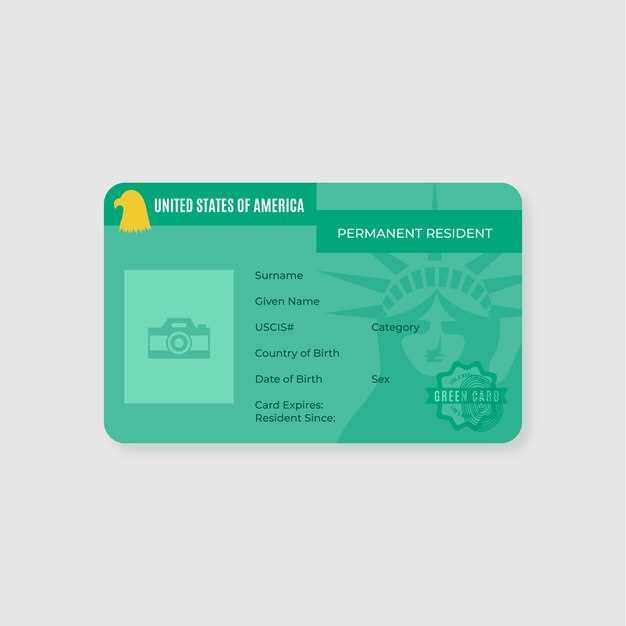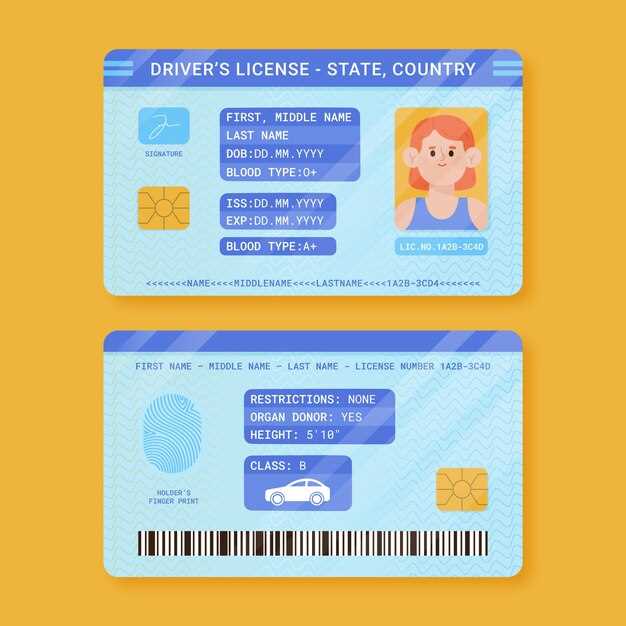
As technology continues to reshape various aspects of our daily lives, the realm of vehicle registration is no exception. Digital license plates, which offer a high-tech alternative to traditional metal plates, have gained attention for their innovative features and potential benefits. However, the question of their legality remains a significant concern for many vehicle owners across the United States. Each state has its own set of rules and regulations governing vehicle registration, making it crucial for consumers to understand the legal landscape surrounding these modern identifiers.
Digital license plates are not just a novelty; they incorporate functionalities such as real-time tracking, personalized messages, and alerts for stolen vehicles. Despite their advantages, the adoption of these plates raises important legal questions. Are they recognized by law enforcement? What are the requirements for installation? And perhaps most importantly, are they permitted under state law? This article aims to provide a comprehensive overview of the status of digital license plates in various states, outlining where they are legal and highlighting any existing restrictions.
Understanding the legal standing of digital license plates in your state is essential for making informed decisions regarding vehicle registration. As the debate surrounding automotive technology evolves, staying informed about these changes may help you navigate the future of vehicle identification with confidence. Join us as we explore the intricate web of state laws governing digital license plates and what it means for vehicle owners across the nation.
Understanding State Regulations on Digital License Plates
Digital license plates, while gaining popularity for their innovative features, face a complex patchwork of regulations across the United States. Each state has its own specific laws that determine the legality, installation, and usage of these electronic devices, which can display customizable messages and vehicle information. Understanding these regulations is crucial for drivers considering the transition from traditional plates to digital options.
Some states have embraced digital license plates more than others. For instance, California was one of the first to authorize their use, allowing motorists to choose between standard and digital versions. The state mandates that these plates comply with safety and security specifications to ensure visibility and prevent fraud. In contrast, states like Florida have piloted digital plates but still impose stringent rules on their deployment and functionality.
Several states require digital plates to be registered with the Department of Motor Vehicles (DMV) and adhere to varying guidelines regarding registration fees, installation methods, and permissible displays. These regulations may prohibit the use of certain customizable features or impose fines for non-compliance. Therefore, potential users should always verify the specific requirements outlined by their state’s DMV.
Moreover, some regulations extend to technology-related aspects. For example, the installation of GPS tracking capabilities or connectivity features on digital plates can raise privacy and safety concerns. Laws in several states address these issues explicitly, ensuring that personal data collected through these plates is adequately protected and used solely for legitimate purposes.
Ultimately, the landscape for digital license plates continues to evolve. As technology advances and consumer demand grows, states may revisit their regulations to either accommodate or restrict the use of digital options. Vehicle owners should stay informed about changes and comply with local laws to ensure they are operating within legal boundaries while enjoying the benefits of modern technology.
How to Legally Install and Use Digital License Plates
Installing and using digital license plates involves several important steps to ensure compliance with state laws and regulations. First, verify that digital license plates are permitted in your state. Each state has different rules regarding the use of these plates, so it is essential to check with your state’s Department of Motor Vehicles (DMV) or equivalent agency.
Once you confirm that digital license plates are legal in your state, the next step is to purchase a digital license plate from an authorized vendor. Ensure that the vendor complies with state regulations and provides a plate that meets safety and visibility standards. Many vendors offer custom designs, but they must still adhere to the state’s guidelines for license plate formats.
After obtaining your digital plate, you must then install it correctly on your vehicle. Most digital license plates come with specific installation instructions. Make sure to follow these guidelines closely to ensure that the plate is securely attached and functions correctly. Typically, this involves mounting the plate in a designated location on the rear of the vehicle or the front if state regulations allow.
Once installed, you may need to notify your state DMV to register your digital license plate. This process may require submitting specific forms or information, such as your vehicle’s identification number (VIN) and details about the digital plate itself. Keep any confirmation of your registration for your records.
It’s also essential to understand how to maintain and operate your digital license plate legally. Familiarize yourself with the features available, such as the ability to display custom messages or notifications. Ensure that any content complies with state laws regarding obscenity, misleading information, or anything that might distract other drivers.
Lastly, stay updated on any changes to state regulations regarding digital license plates. Laws can change, and it’s crucial to remain compliant to avoid fines or penalties. Regularly check with the DMV or follow local news for any updates that may affect the legality or usage of digital license plates in your area.
Comparative Analysis: Digital vs. Traditional License Plates by State

The adoption of digital license plates is gradually changing the landscape of vehicle registration across various states. This analysis aims to compare the legal status, functionality, and public reception of digital and traditional license plates.
Legal Status Across States
As of now, the legal acceptance of digital license plates varies significantly by state. Here are some key observations:
- States Allowing Digital Plates:
- California
- Arizona
- Michigan
- Texas
- States with Pending Legislation:
- Florida
- Ohio
- States Prohibiting Digital Plates:
- New York
- North Dakota
Functionality Comparison

The practical features of digital and traditional license plates also differ considerably:
- Digital License Plates:
- Customization options, including color and design.
- Real-time tracking and updating capabilities.
- Ability to display alerts or notifications.
- Traditional License Plates:
- Static design with limited personalization.
- No digital features, relying solely on physical representation.
- Vulnerability to theft and damage.
Public Reception
The introduction of digital plates has elicited varied responses:
- Positive Feedback:
- Convenience of updates.
- Modern appeal and technological innovation.
- Concerns:
- Privacy issues regarding tracking.
- Costs associated with installation and maintenance.
In summary, the comparative analysis of digital versus traditional license plates illustrates a significant divergence in legal acceptance, functionality, and public sentiment across various states. As technology evolves, further developments in legislation and public opinion are expected to shape the future of vehicle registration.
